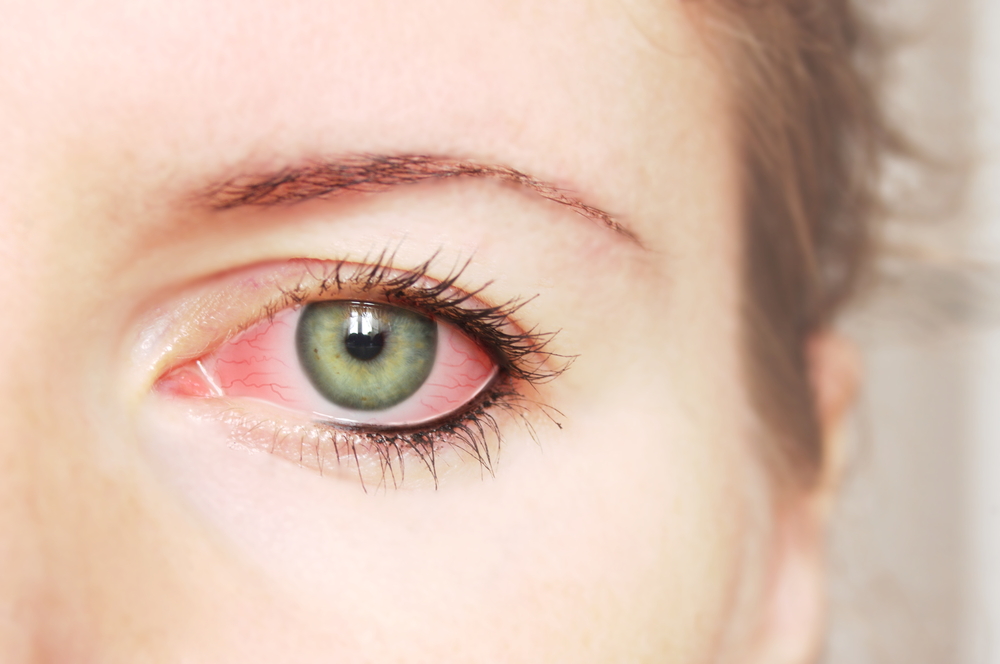For some individuals, the thought of travelling while dealing with allergies can be terrifying. There is a lot to consider before planning a trip. This article provides information on travelling with allergies and how carrying travel allergy medication can ease your travel allergy symptoms.
Travelling brings adventure, discovery, and new experiences, but for those struggling with allergies, it can also bring anxiety and unexpected health challenges. Whether you are dealing with food allergies, environmental allergies, or your allergies are triggered by insect stings or medication, appropriate management before a trip is necessary to ensure a safe journey, even while travelling with allergies.
With proper planning and the right precautionary measures, you can manage your allergies while travelling, knowing you are well prepared to handle potential travel allergy symptoms.
Safety tips to manage allergies when travelling
Here is a detailed guide to allergy-proof your travel and enjoy your trip without unnecessary stress. Check out these best possible ways to avoid travel allergy symptoms:
- Aware of your allergies – The first and foremost thing is to understand the cause, symptoms, and how your allergies react. Before setting out, take some time to know exactly what triggers your symptoms. It can be pollen, peanuts, pet dander, dust mites, or shellfish. Fix an appointment with a healthcare specialist who is a trained expert in managing allergies before you plan a trip. They can help advise you on travel allergy medicine, update your action plan, and provide medical documents that may be needed during medical emergencies.
If you have planned an international trip, make sure your healthcare provider writes your allergy-related information in the local language of your destination. This may be a small but significant part of your travelling. This can be life-saving during an emergency when you need to communicate with healthcare specialists who don’t speak your mother tongue.
- Prepare an allergy travel kit – An Allergy travel kit supports your allergies when travelling. Make it a part of your luggage as it is the first line of defence in case of an allergy episode. This kit should include-
- Antihistamines – These are allergy medications available in fast-acting and long-acting forms to control mild allergies while travelling. Pack the ones that your healthcare provider has prescribed to you.
- Epinephrine injection – It is used in emergency treatment for a serious allergic reaction (anaphylaxis) caused by foods, medicines, insect bites, or other substances. Always carry two injections prescribed by your healthcare provider for a medical emergency and keep them in an easily accessible place.
- Nasal sprays and eye drops – Ophthalmic solutions and nasal sprays are commonly prescribed allergy medications to treat environmental allergies, such as pollen or dust.
- Topical formulations – These topical travel allergy medicines include hydrocortisone or ant-itch creams, gels, or lotions to help soothe skin reactions.
- Doctor’s document – A prescription or doctor’s documentation is necessary for airport security checks or medical assistance abroad.
- Medical ID – You can also carry a medical ID that alerts others to your allergy and related complications in an emergency.
Keep the kit where it is easily accessible, and not in your checked luggage.
- Prioritise an allergy-friendly stay outside – Your choice of a guest house can make a significant difference in preventing allergies. Nowadays, many hotels offer their customers allergy-friendly rooms equipped with hypoallergenic bedding, air purifiers, and dust-mite-proof bedding. When booking, discuss your allergies with the hotel manager in advance and request an allergy-free room. You may find:
- Non-smoking rooms
- Feather-free beddings
- Rooms without carpets to lower the risk of dust mites.
- Fragrance-free cleaning products
If you have booked a rental or an Airbnb property, talk to the host before your trip to discuss the cleaning routine and pet policy.

- Be careful when eating – Food allergies are among the biggest challenges when travelling. Those mouth-watering dishes and their ingredients can trigger allergy symptoms. Here’s how you can protect yourself-
- Check for local cuisine before you leave for the trip. Moreover, you should understand what ingredients can trigger your travel allergy symptoms.
- Know allergy-related phrases in the local language. This helps when ordering food. For example, I am allergic to dairy products —does it contain peanuts?
- Use allergy translation cards. Carry the allergy cards for travel, as these cards list your allergens in the destination language. While ordering food, you can hand this card over to the restaurant manager or a chef.
- Pack allergy-friendly snacks. Carry homemade snacks as needed to avoid hunger during travel delays.
- Inform airline staff about your allergies when travelling. Inform them when booking a flight and again before boarding if there is any food allergy. Again, you can hand the allergy card for travel to the air hostess when ordering food. Some airlines offer special meals or create buffer zones for nut allergies.
If you are highly sensitive, consider wiping down the tray table and seat area to remove any residue left by a previous passenger’s meal, or ask the air hostess to clean them.
- Manage environmental allergies – Environmental triggers, including dust, pollen, or mould, can ruin your dreamy vacation. To minimise exposure, check the pollen count at your destination and plan outdoor activities accordingly. Be sure to close the windows in your car or guest room and, if available, switch on the air conditioning. Buy allergy-proof pillowcases if possible while travelling with allergies. Wear sunglasses and a hat when you are outside. This helps to prevent pollen from reaching your eyes and hair. Once you return to your hotel room after an outing, be sure to change your clothes and take a shower to wash off allergens.
If you are asthmatic, ensure you carry your inhaler and know where to find allergy medication or medical care if symptoms worsen.
Verdict!
By combining awareness, preparation, and proactive steps, you can reduce risk and make your journey memorable. With these preventive tips, go ahead and plan your dream vacation. Breathe easy and enjoy your travel with confidence.



